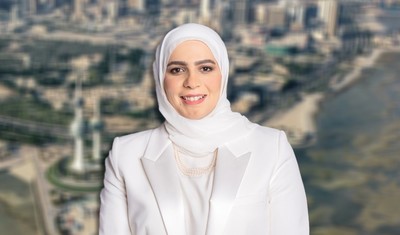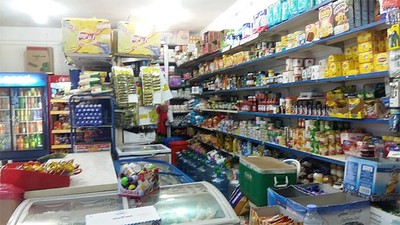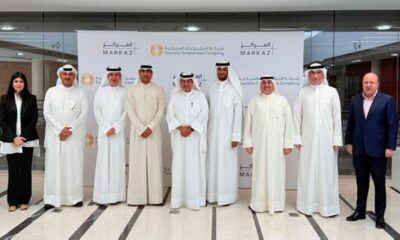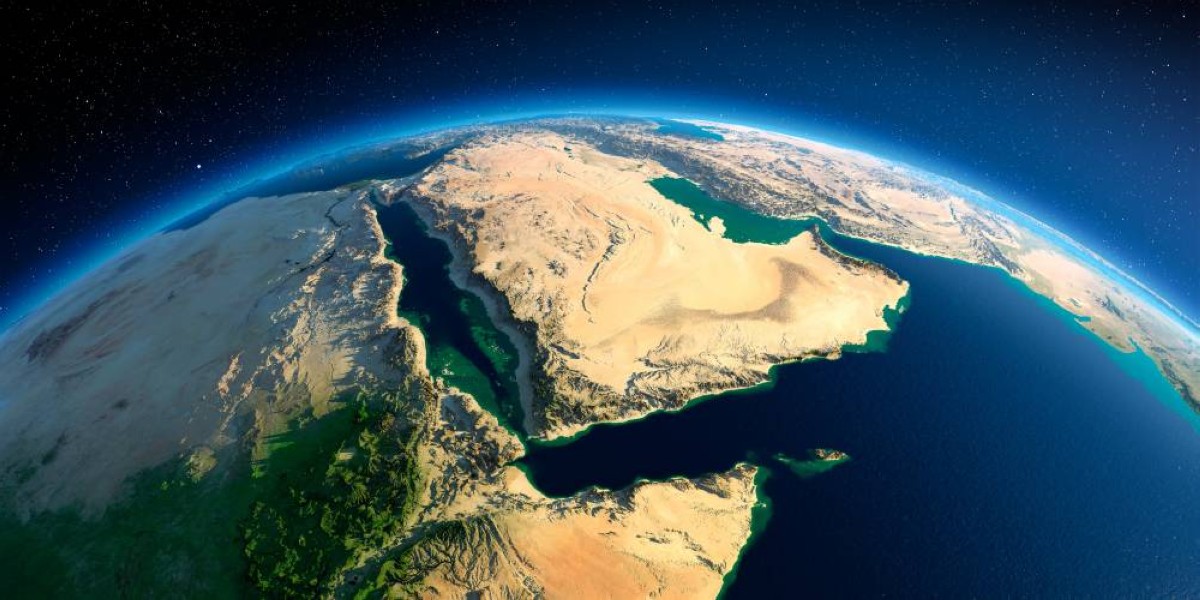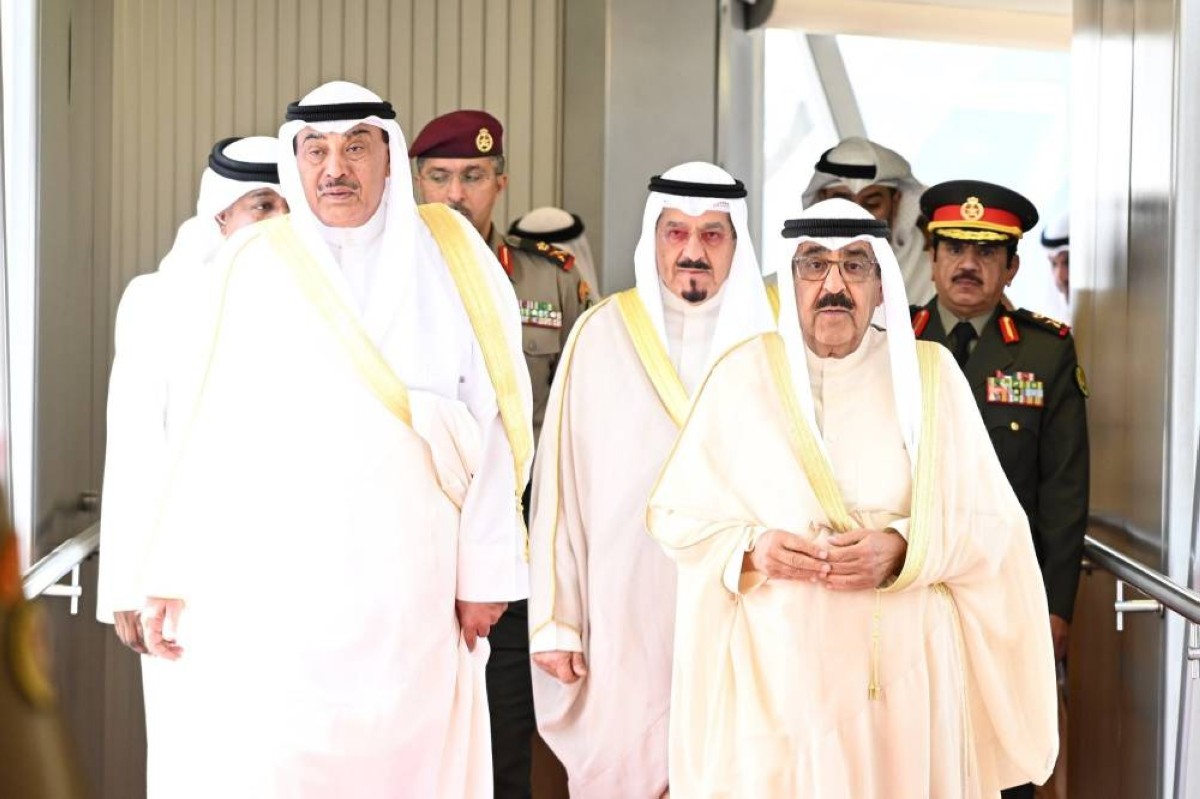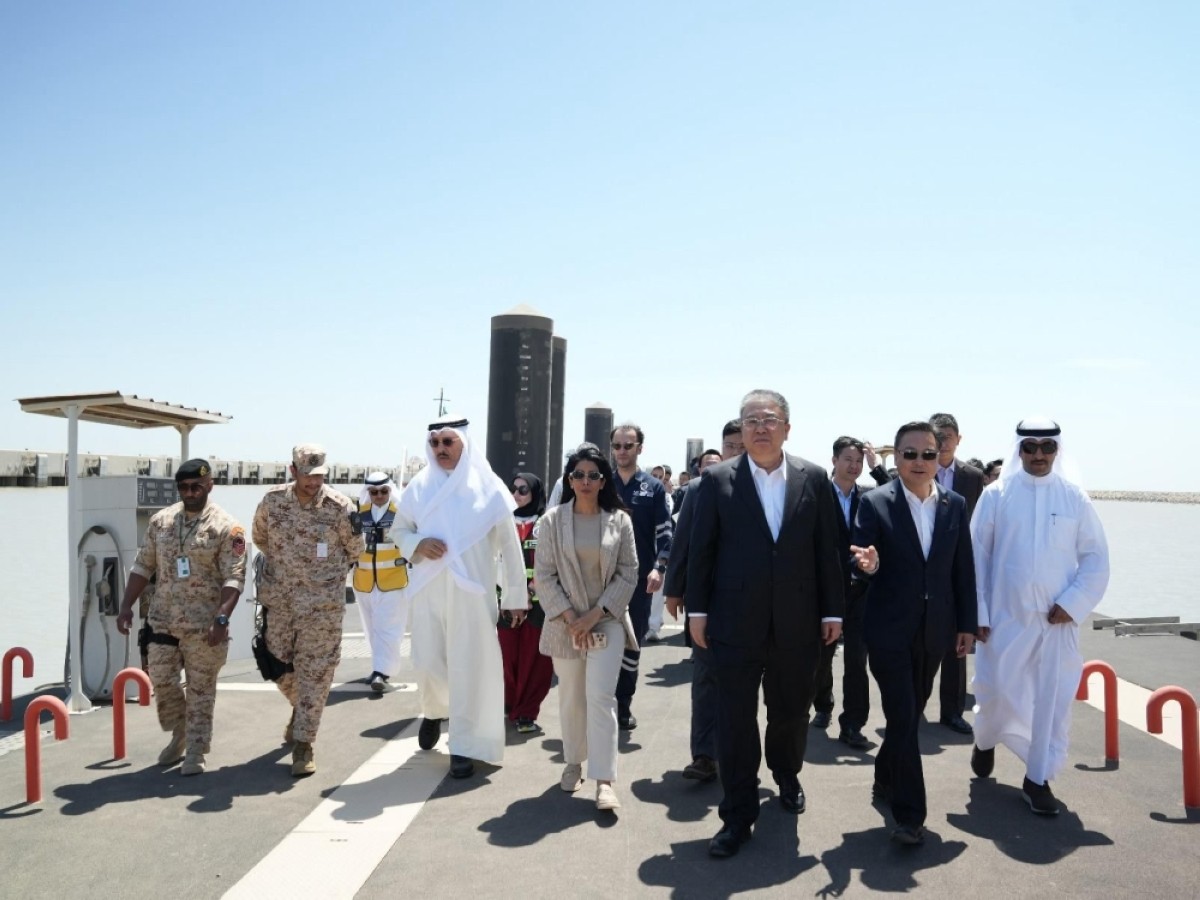KUWAIT: Kuwait is poised to play a key role in China’s Belt and Road Initiative (BRI), according to a global expert on supply chain geopolitics.
Thomas Tronet, co-director of the Centre for Geopolitical Studies on the Middle East, made the remarks during a recent international congress focused on the Middle East and the Islamic world.
Tronet emphasized Kuwait’s geographical significance. Located at the northern tip of the Gulf, the country is well-positioned to serve as a critical node in the BRI’s global logistics network. Its proximity to the China–Central Asia–West Asia Economic Corridor, he noted, makes it a vital gateway for East-West trade.
He aimed to fill a knowledge gap often found in French and Western discussions regarding the Gulf region. “Kuwait is frequently overlooked in France, despite its strategic importance,” Tronet said. He reminded the audience that Kuwait was historically known as the “Marseille of the Gulf” during the 19th century — a testament to its once-vibrant trading legacy. Today, he sees that the country is reviving that role through modern infrastructure projects and strategic partnerships, especially with China.
Central to his discussion was Kuwait’s “omnibalancing” foreign policy strategy. According to Tronet, Kuwait balances its core security reliance on the United States with deepening economic ties to China. “The US remains Kuwait’s indispensable security guarantor,” he said, “but China has been its primary economic partner for over ten years,” noting that China’s policy of non-interference is also well received in the region.
Tronet highlighted several key developments under the BRI framework. “The main focus of Chinese investment is concentrated on the Mubarak Al-Kabeer Port on Boubyan Island. A recent decision was made to accelerate this megaproject, which will make it one of the largest ports in the Gulf. With this development, Kuwait is returning to its roots as a trading center.”
He explained that the port, which is designed to handle over eight million containers upon completion forms part of a larger vision to transform northern Kuwait — including Subiya and Boubyan — into a logistical and economic hub. Chinese-backed transport corridors, such as a proposed link to Dammam and the Saudi Landbridge, are set to improve regional connectivity. These would offer alternative routes to bypass politically unstable zones like the Bab-el-Mandeb strait.
These infrastructure projects are closely linked to Kuwait’s national development strategy, known as Vision 2035. The plan seeks to diversify Kuwait’s oil-dependent economy and position the country as a regional cultural, commercial, and financial center, according to Tronet.
“Silk City is another megaproject central to Kuwait Vision 2035, projected to accommodate 700,000 residents,” he said adding that China has expressed strong interest in supporting its integration into the BRI, aligning with its global infrastructure investment goals. While acknowledging the challenges of building such a city from scratch, Tronet noted that similar regional projects like Saudi Arabia’s NEOM or the UAE’s Masdar City show that the ambition is yet still feasible. He clarified that Kuwait is also advancing in renewable energy, another pillar of Vision 2035. China recently secured a contract to construct a new solar plant within the Shagaya Renewable Energy Park, further supporting Kuwait’s push to diversify its energy portfolio.
Tronet noted that Kuwait’s solar potential makes it well-suited for such investments and that China’s global leadership in green energy supports mutual interests in sustainable development.
In closing, Tronet expressed appreciation for the opportunity to spotlight Kuwait. “I was delighted to help participants of the congress from France and the world get to know Kuwait better, a country I find fascinating,” he said. “The few Kuwaitis I have met in France are among the most incredible people I know.”
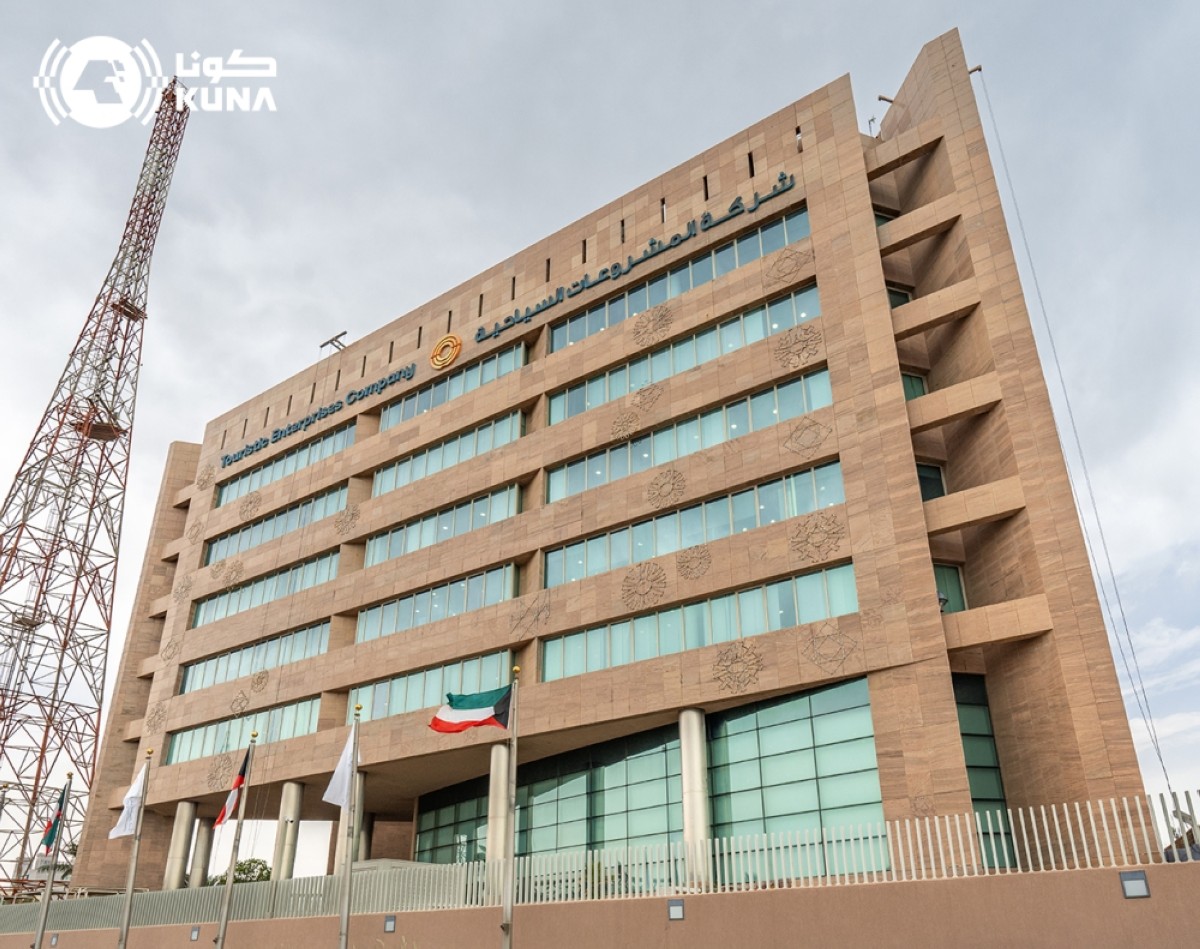
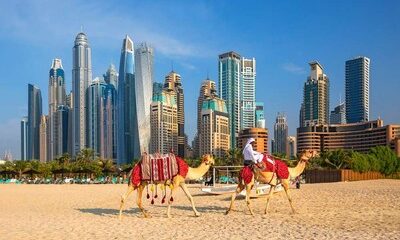
 Business24 hours ago
Business24 hours ago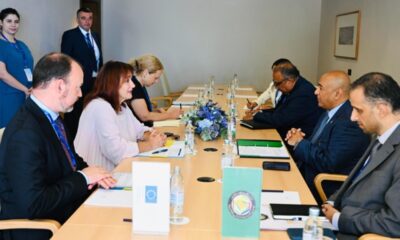
 Latest News15 hours ago
Latest News15 hours ago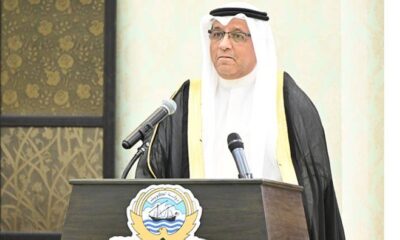
 Latest News14 hours ago
Latest News14 hours ago
 Politics17 hours ago
Politics17 hours ago
 Business17 hours ago
Business17 hours ago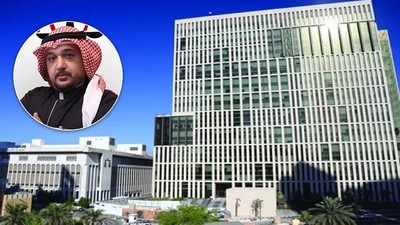
 Politics16 hours ago
Politics16 hours ago
 Latest News16 hours ago
Latest News16 hours ago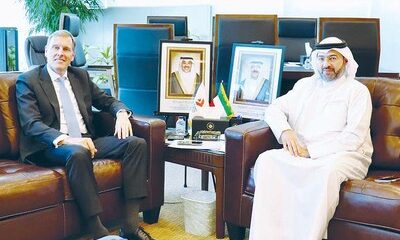
 Business13 hours ago
Business13 hours ago
